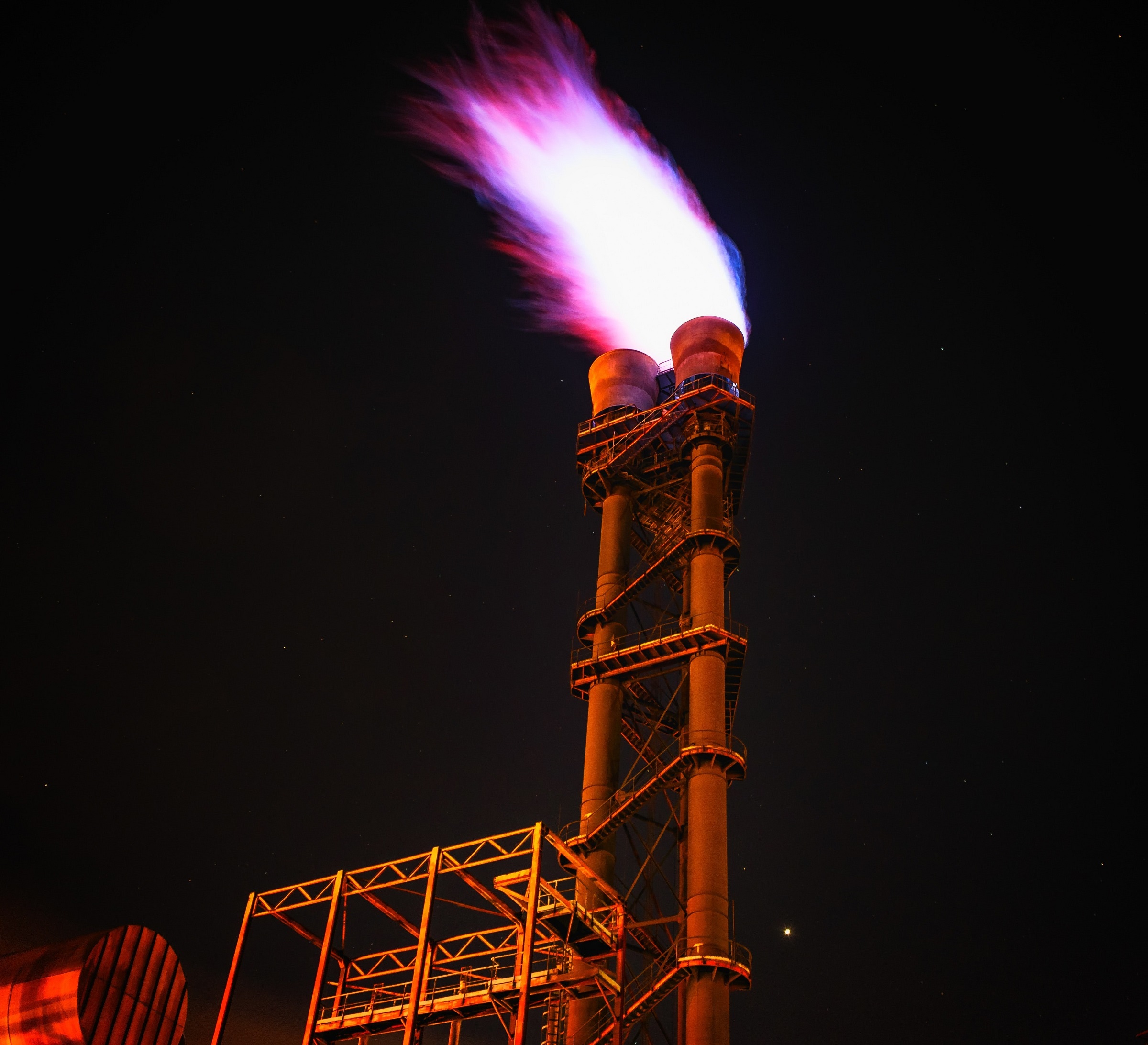The Environmental Protection Agency (EPA) recently finalized new rules implementing charges on methane emissions from oil and gas operations, raising important questions for royalty owners about potential impacts on their royalty payments, particularly in the form of additional post-production deductions.
And while this rule may get overturned by the GOP majority in the house, in the meantime operators may still need to report emissions for 2024.
Be sure to also subscribe on Apple Podcasts via the link above and please leave us an honest rating and review. We read every one of them and sincerely appreciate any feedback you have. To ask us a question to be featured on an upcoming episode, please leave a comment below or send an email to feedback@mineralrightspodcast.com.
Understanding the New Methane Rule
The EPA’s new rule, part of the 2022 Inflation Reduction Act, targets large-scale methane emissions from oil and gas facilities. Starting in 2024, facilities emitting over 25,000 metric tons of CO2 equivalent annually will face charges beginning at $900 per metric ton, increasing to $1,200 in 2025, and reaching $1,500 in 2026 and beyond.
Why Focus on Methane?
Methane deserves attention because it’s 28 times more potent than carbon dioxide as a greenhouse gas. While the oil and gas industry accounts for about 31% of U.S. methane emissions, it’s worth noting that agriculture actually produces more, with cattle and manure management contributing about 36% combined. However, the EPA’s current focus remains specifically on oil and gas operations.
Potential Impact on Royalty Payments
For mineral rights owners, the most immediate concern is how these new regulations might affect royalty payments. The podcast highlighted two key ways this could impact mineral owners:
First, operators may attempt to pass along compliance costs through post-production deductions, particularly if your lease allows for such deductions. These costs could include additional personnel for methane monitoring, new equipment installation, and regulatory compliance expenses.
Second, midstream companies dealing with these new requirements might increase their processing and transportation fees, which could then be passed down to royalty owners through existing post-production cost structures.
What Mineral Owners Should Watch For
We recommend monitoring your royalty statements closely over the next few months for any increases in post-production deductions. If you notice significant changes, consider reaching out to your operator for clarification about whether the increases relate to methane rule compliance costs.
Potential Benefits for Royalty Owners
While the rule may increase costs, it could also benefit mineral owners in some ways. In the long run, by requiring operators to better capture and control methane emissions, more natural gas stays in the pipeline instead of being lost to leaks or flaring. This means more gas reaches the market, potentially resulting in higher royalty payments.
Future Uncertainty
The rule’s long-term status remains uncertain. With potential political changes on the horizon, Republican leaders have already announced intentions to repeal these regulations. However, many large operators, particularly those working in states like Colorado with existing methane regulations, are likely to continue implementing emission reduction practices regardless of the federal rule’s fate.
The Bottom Line for Mineral Owners
While the immediate future of the EPA’s methane rule remains uncertain, mineral rights owners should:
- Monitor royalty statements for new or increased deductions Keep lease terms in mind when evaluating whether new charges are allowable
- Consider that better methane capture could mean more gas sales and potentially higher royalties
- Stay informed about regulatory changes that could affect operator practices and costs
Understanding these evolving regulations helps mineral owners better manage their interests and engage in more informed discussions with operators about their royalty payments.
Note: This information should not be considered legal or financial advice. Consult with appropriate professionals regarding your specific situation.
Resources Mentioned in this Episode
- Biden Administration Launches Historic Methane Fee for Oil, Gas Drillers – Newsweek
- EPA implements climate law’s methane fee as Republicans plan repeal
- Waste Emissions Charge | US EPA
- Who are the biggest U.S. methane emitters? – CBS News
- MRP 72: What You Should Know About Post-Production Costs
Thanks for Listening!
To share your thoughts:
- Leave a comment or question below (we read each one and your question may be featured in a future episode)!
- Ask a question or leave us feedback via email.
To help out the show:
Click the Apple Podcasts Logo Above to leave us a rating & review. It really helps us reach those that need to hear this information and only takes a minute. We greatly appreciate it! Plus, you can get a shout out on a future episode!
Thanks again – until next time!




